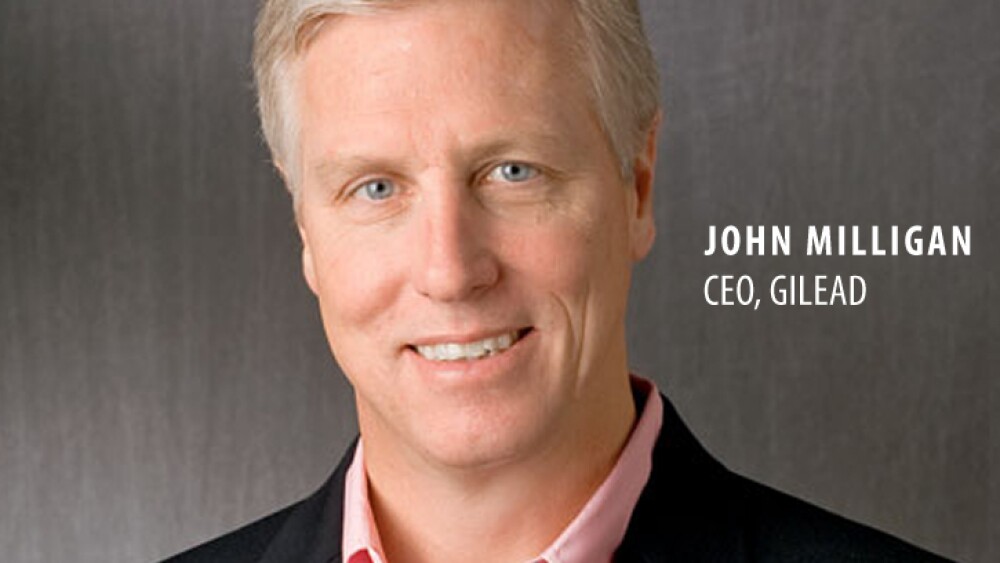October 11, 2016
By Mark Terry, BioSpace.com Breaking News Staff
The investment bank Evercore ISI surveyed 244 biotech industry observers. The primary goal was for them to identify the biotech company they thought mostly likely to be acquired in the next year and who they thought should buy it. Incyte was the top pick for an acquisition target, and Gilead Sciences won out as their choice to buy Incyte. Keith Speights, writing for The Motley Fool, considers such a deal.
This isn’t exactly a new idea. In September, Ken Kam, writing for Forbes, talked to Todd Hagopian, who has a biotech fund at Marketocracy, on who he thought Gilead should buy and Incyte was one of the four he suggested. The others were Puma Biotechnology , Kite Pharma , and Portola Pharmaceutical . Incyte has also been floated as an acquisition target for Amgen and Shire .
Incyte has two products on the market, Jakafi and Iclusig. Jakafi is a JAK1 and JAK2 inhibitor to treat polycythemia vera. In May, the company acquired the European rights to leukemia drug Iclusig from Ariad Pharmaceuticals .
Speights writes, “Jakafi and Iclusig might not seem to be a great match for Gilead at first glance. The big biotech is best known for its hepatitis C and HIV franchises. However, Gilead has been deliberately branching out beyond those indications.”
Gilead currently has only one commercial cancer drug, Zydelig, for relapsed chronic lymphocytic leukemia (CLL), non-Hodgkin lymphoma (NHL) and relapsed small lymphocytic lymphoma (SLL). But it does have eight drugs in clinical trials for hematology and oncology indications. Three are in Phase III trials. So if those should make it to the market, Jakafi and Iclusig would be assets in a growing oncology portfolio.
Incyte has ongoing clinical trials for four possible cancer immunotherapies. The company also has an anti-inflammatory drug, baricitinib, in its pipeline. Eli Lilly controls the drug’s marketing rights, and Incyte will receive royalties of the drug, which has the chance to bring in $1 billion a year in peak sales. Not bad for Gilead, since all it would have to do is collect the money.
But Speights notes that the money situation is a little problematic. Gilead indicated it had $24.6 billion in cash, cash equivalents, and marketable securities as of June 30. It has money coming in, about $4.9 billion in the second quarter.
But Incyte’s market cap is around $18 billion. Figure a premium on top of that, and most of Gilead’s cash will be history. And Gilead doesn’t generally go for big deals, although it’s not unheard of.
It acquired Nimbus Apollo for $400 million, $725 million for Galapagos ’ filgotinib, and acquired EpiTherapeutics for $65 million. But it coughed up $11 billion for Pharmasset in 2011. Some investors thought they were crazy, but Gilead picked up the hepatitis C drug Sovaldi in the deal, which has more than rewarded their investment.
Speights thinks the pipeline would be a good fit, but says, “The price of a potential buyout of Incyte, though, is concerning. My view is that Gilead would probably be better off continuing its strategy of making smaller acquisitions and licensing deals. I think these smaller bets are more likely to pay off over the long run.”





